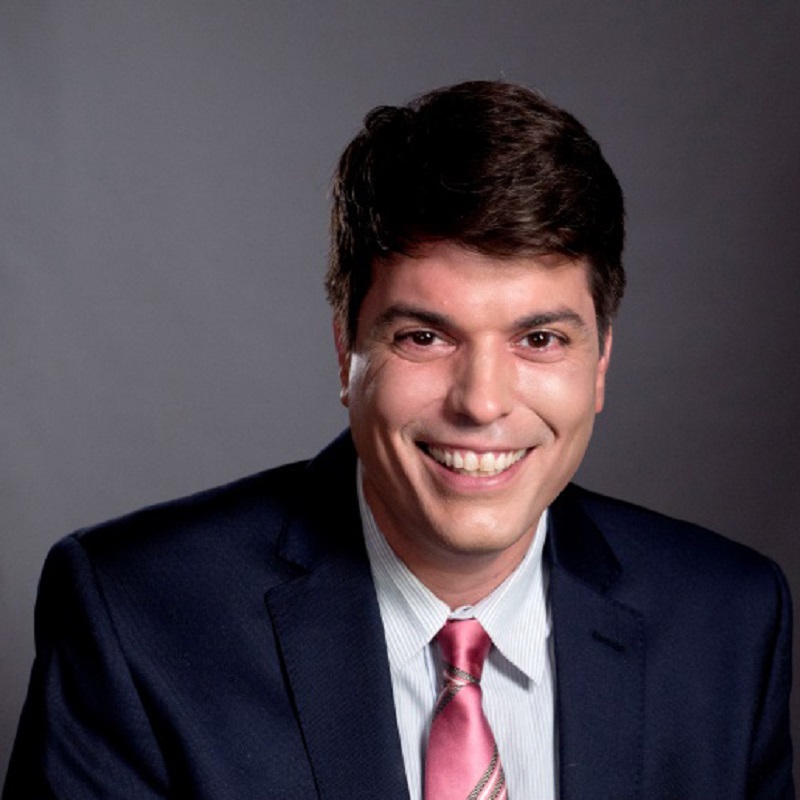Dr. Carlos Osvaldo Cortez, Ph.D., is an educator and administrator with more than 30 years of experience across multiple roles within the field. His list of achievements, certificates, publications, and projects is extensive, so take this biography as a summary of his impressive career in education.

In his foundational education, he was deeply inspired and interested in the experiences of people of color. His interest led him to the study of history and sociology at Georgetown University. He studied these topics with a particular focus on the history of gender and sexual liberation theory. Carlos’s next major educational experience was at NYU, where he earned a Masters in African American Women’s history, which deepened his understanding of history, feminism, and the African American Experience.
The capstone of Carlos Osvaldo Cortez’s education was his doctorate studies in education policy and administration. Much of his own passion and drive has come from this Ph.D. research, which centered on the role of educators and administrators of color in the development of social welfare and educational policy.
As an educator, he has been actively involved with teaching for more than 20 years across dozens of institutions. He began as a Teach for America Corps member, which provides young educators with positions and experiences in education.
Starting in 2009, he began teaching in higher education, finding a career in teaching which has lasted a lifetime. This educational experience built him up to be a prime candidate for administrative positions.
Dr. Carlos Osvaldo Cortez has served in a variety of administrative roles for the past 16 years, including his current role as the president of San Diego Continuing Education, one of the four divisions of the San Diego Community College District.
He has been dedicated to the betterment of underserved communities throughout his professional experience. Education is something that can open up doors and re-invigorate communities across class, race, and cultural boundaries of all kinds.
With this inspiration, he himself has worked hard to support social justice and urban education reform. He serves with multiple legislative task forces to this end, with his current and primary efforts focused on the California League of Community College’s Advisory Committee on Legislation and the Noncredit Coalition.
Carlos Osvaldo Cortez strongly believes that diversity enriches a college, and has dedicated his career to building exposure to diverse perspectives and cultures within higher education.
Dr. Carlos Osvaldo Cortez and How to Promote Diversity in Education
Diversity is a leading factor in potential student’s minds. Polls from the Washington Post and elsewhere show how important diversity factors into student choices. Not only is it important to students, but it is also shown to have major benefits for students regardless of how they prioritize it. Many educators can see these benefits and priorities but can struggle to bring in the diversity that they would like to see. Some amount of diversity requires larger foundational changes to improve, but we can begin to improve diversity within the classroom with a few simple, but major, efforts.
Be a Leader – In 2016, 57% of bachelor’s degree recipients were the first in their families to graduate. Minority students of all backgrounds often lack the same support systems that more privileged students have. Simply having a family member to advise them on their experience can make a major difference in student achievement and outcomes. Without that family support, educators can make a clear and concise difference for their students by acting as an advocate and advisor for minority students. A good counselor is a must for success, even after freshman year.
Push for Diverse Faculty and Staff – Having a diverse staff and faculty body can draw in students who seek diverse perspectives and experiences. Educators can take advantage of any input opportunities for new hires – and administrators would do well to listen.
Educate and Train – Many incoming students, particularly those from more privileged backgrounds, may lack the tools for interacting and understanding needed to understand different cultures and perspectives. Freshman year is often filled with struggles for a host of reasons, but it can be helpful to ensure that there is training, discussion, and opportunities to educate students on these matters.
Don’t Take Diversity for Granted – It’s easy to rest on laurels, particularly in education. But it’s critical to always monitor and assess where diversity is succeeding and failing in your institution. As social norms and understandings of diversity change, listening to students and employees can be the first warning of any faults that may arise.
